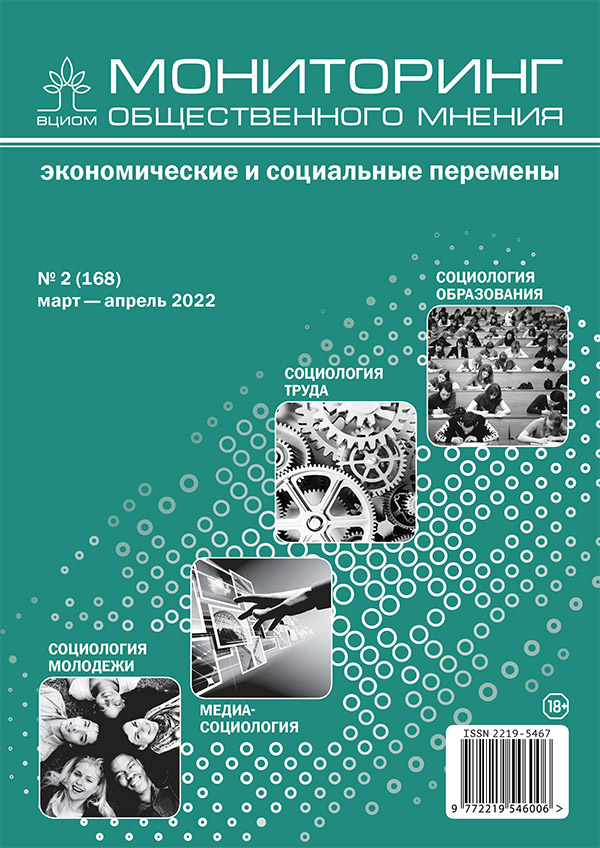“When You Just Sit in Front of a Computer, It Does Not Require Anything from You”: Difficulties and Strategies of Students While Completing University-Level MOOCs
DOI:
https://doi.org/10.14515/monitoring.2022.2.1999Keywords:
MOOC, online format, learning strategies, difficulties of online learning, STEM students, mixed formatAbstract
Online learning is actively integrated into the educational process of universities, allowing them to solve issues with zooming, flexibility, and cost of educational programs. In addition to its cost-effectiveness, it has an average neutral effect on student learning outcomes, proving the possibility of using online components in mixed and online formats. However, on average, students in the online format rate their satisfaction level lower than students in other formats. A recent randomized controlled trial evaluating the effectiveness of massive open online courses (MOOCs) showed similar results: no significant differences in educational outcomes for face-to-face, mixed and online formats, and a lower level of satisfaction with the course among students of an online format. Why did online students rate their satisfaction levels lower, what problems did they encounter while studying via MOOCs, and what strategies did they use to overcome them? This study answers all these questions using survey data and data from five focus groups and one interview conducted after the RCT among 2-year undergraduate STEM students from three Russian universities. The study results showed that online format students faced difficulties in self-organization, lack of assistance from the instructor, the rigidity of the online environment, and the need to educate themselves, which is more suitable for learning “easy” and “unimportant” courses. The forum does not compensate for the lack of interaction with the instructor due to the failure to provide meaningful answers and instant feedback. The authors also identified two strategies for adapting to online learning among students of the online format, the appeal to which is characterized by belief in one’s abilities, motivation to learn, and bypass for obtaining a non-negative assessment. The study results are especially useful for university administrators who are integrating MOOCs into the educational process of their universities.
Downloads
Published
How to Cite
Issue
Section
License
Copyright (c) 2022 Monitoring of Public Opinion: Economic and Social Changes Journal (Public Opinion Monitoring) ISSN 2219-5467

This work is licensed under a Creative Commons Attribution-NonCommercial-ShareAlike 4.0 International License.






